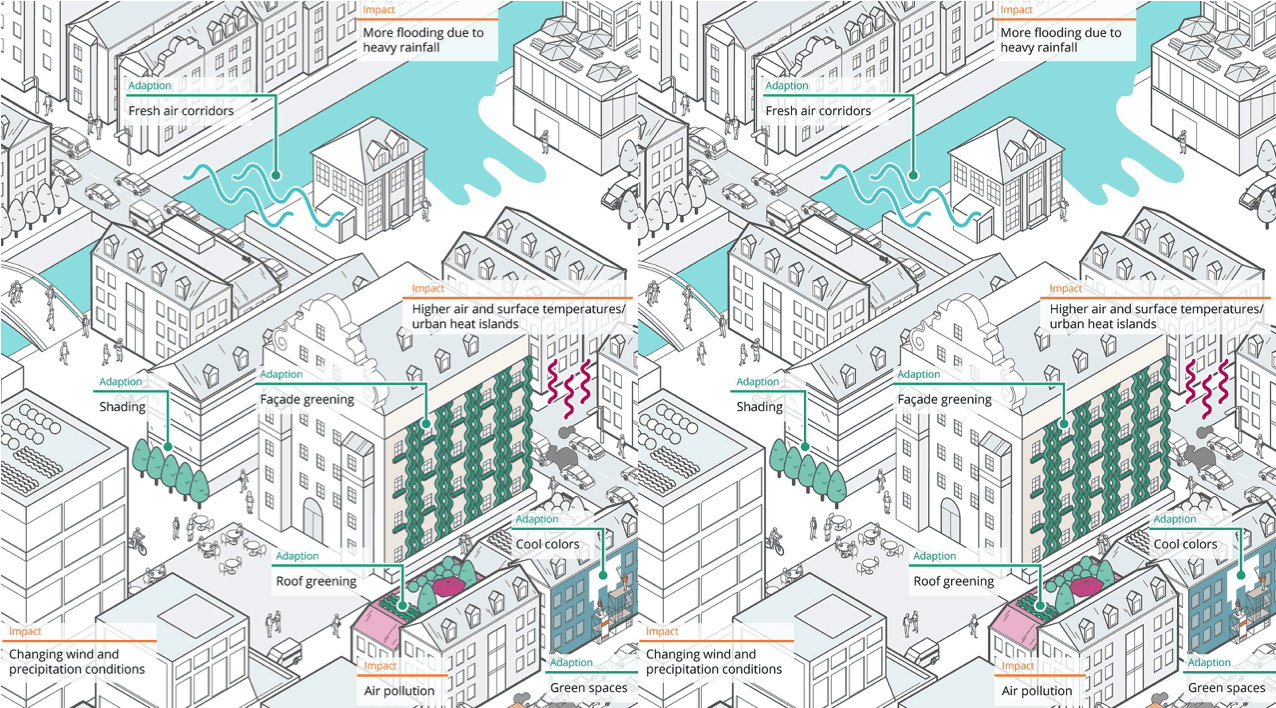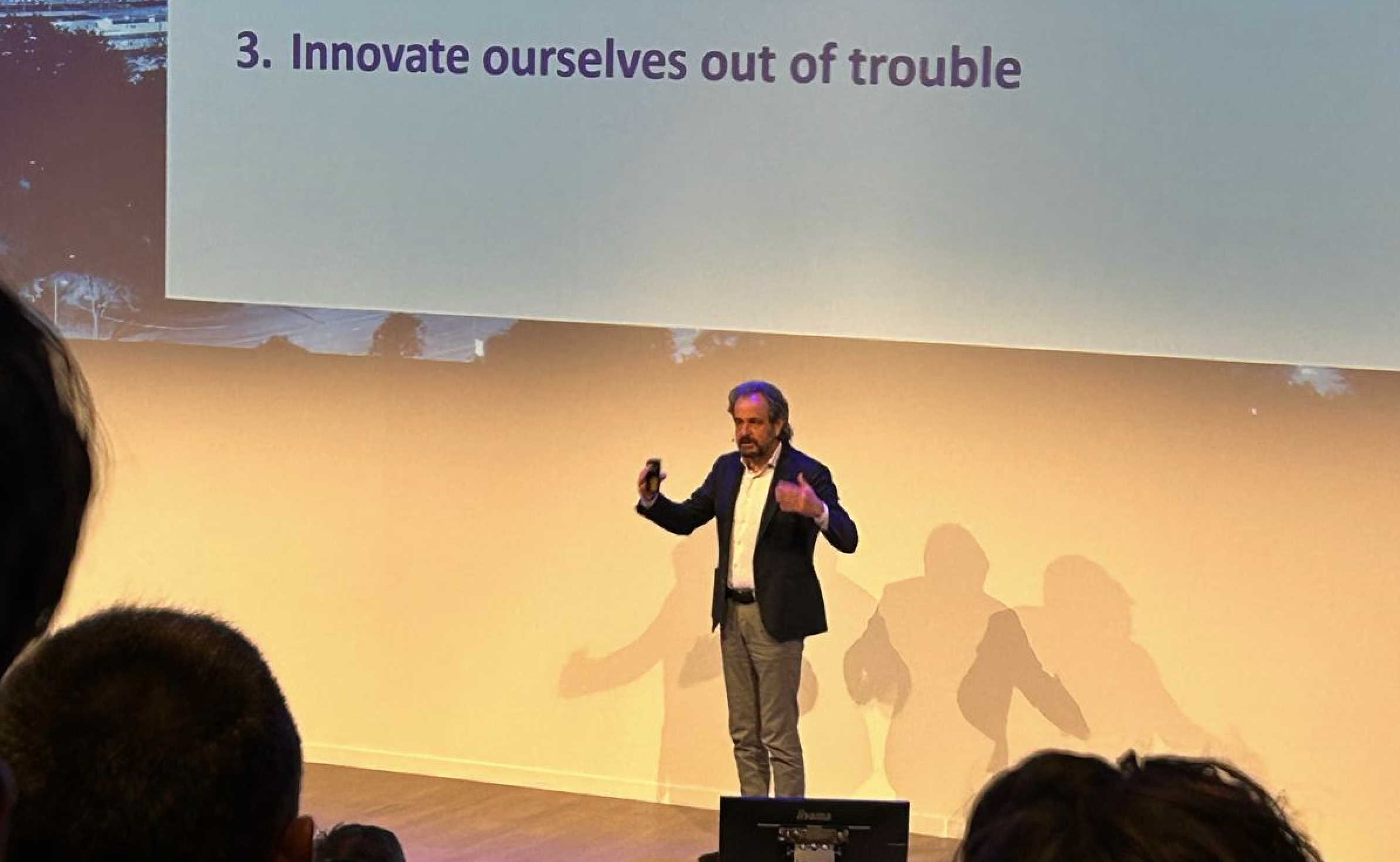
Forests in Germany and around the globe are suffering from climate change and the resulting drought, heat and pest infestation. Germany is currently experiencing the largest forest die-off since the 1980s, and in Baden-Württemberg alone, 43 percent of all forest areas have already been damaged. All of this poses major challenges for foresters and those responsible for forest management. They will now get help from a joint project of the Karlsruhe Institute of Technology (KIT); one of its spin-offs, EDI GmbH; the South German Climate Office; and the KIT Institute of Geography and Geoecology.
According to the scientists, research findings could help to counteract the effects of climate change and make forest ecosystems more resilient through targeted measures: “Mixed forests with hornbeam, maple, or wild cherry can cope better with the new conditions than spruce forests, for example – although they are less productive. In plantations, soil conditions also play an important role,” says climate researcher Dr. Joachim Fallmann from the South German Climate Office at KIT. “Forest management must now react while making complex trade-offs in the process.”
Intelligent assistance system for forest management
That is why the researchers, together with partners from forestry and forest science, are developing the EDE 4.0 Erweiterte Dynamische Einschlagsplanung (Expanded Dynamic Felling Planning) assistance system. It is designed to help foresters use artificial intelligence to conserve forests and manage them sustainably. With the help of this cloud-based decision support system that uses AI, foresters could make the optimal decision in each case based on data to enable sustainable forest management.
The EDI hive IoT framework uses a software solution from EDI GmbH that the founders are already using to apply machine learning in the aerospace and mechanical engineering industries. “The final product of the development will be a mobile app that can be used intuitively that supports foresters on site in their work in the forest with AI. For example, it will help them decide where to harvest or when to replant, including the chances of success of a planting at a defined location,” says Dr. Thomas Freudenmann, one of the co-founders of EDI GmbH.
But for the system to deliver relevant results, he says, it first must recognize correlations and patterns. To achieve this, a great deal of data from very different areas is combined. This includes, for example, data on medium-term climate development provided by the German Weather Service and the KIT Institute for Meteorology and Climate Research. In addition, specific forestry data from the KIT Institute of Geography and Geoecology are processed. Finally, information on the market environment is provided by the forestry industry. Last but not least, the assistance system takes into account the knowledge of the foresters from the local forest district, the researchers emphasize.
Associated partners and sponsors
The EDE4.0 project is funded by the German Federal Ministry of Food and Agriculture. The project executing agency is the Fachagentur Nachwachsende Rohstoffe e.V. (Agency for Renewable Resources). Associated partners are the Ministry of Rural Areas and Consumer Protection Baden-Württemberg, the Forest Research Institute Baden-Württemberg, the Rottenburg University of Applied Forest Sciences and the City of Karlsruhe.
The EDE 4.0 project is the topic of the third episode of the interactive video series “Sachen machen mit KI”.
Link to the video: https://www.sek.kit.edu/video/ede40/
More articles on the topic of forests can be found here







